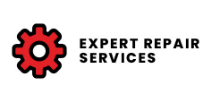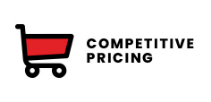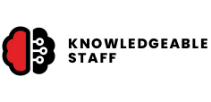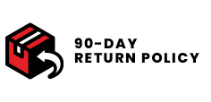Beyond Weighing: All the Functions of Modern Digital Scales
Jun 27th 2025
Modern digital scales have evolved far beyond simple weighing in pounds or grams. Today’s models come equipped with a wide range of weighing modes, each designed to serve a specific purpose. These functions make scales more versatile and better suited to meet the unique needs of different industries. Whether you're working in a laboratory, a production floor, a jewelry shop, or a shipping warehouse, understanding these weighing modes can help you get more accurate results and streamline yo









